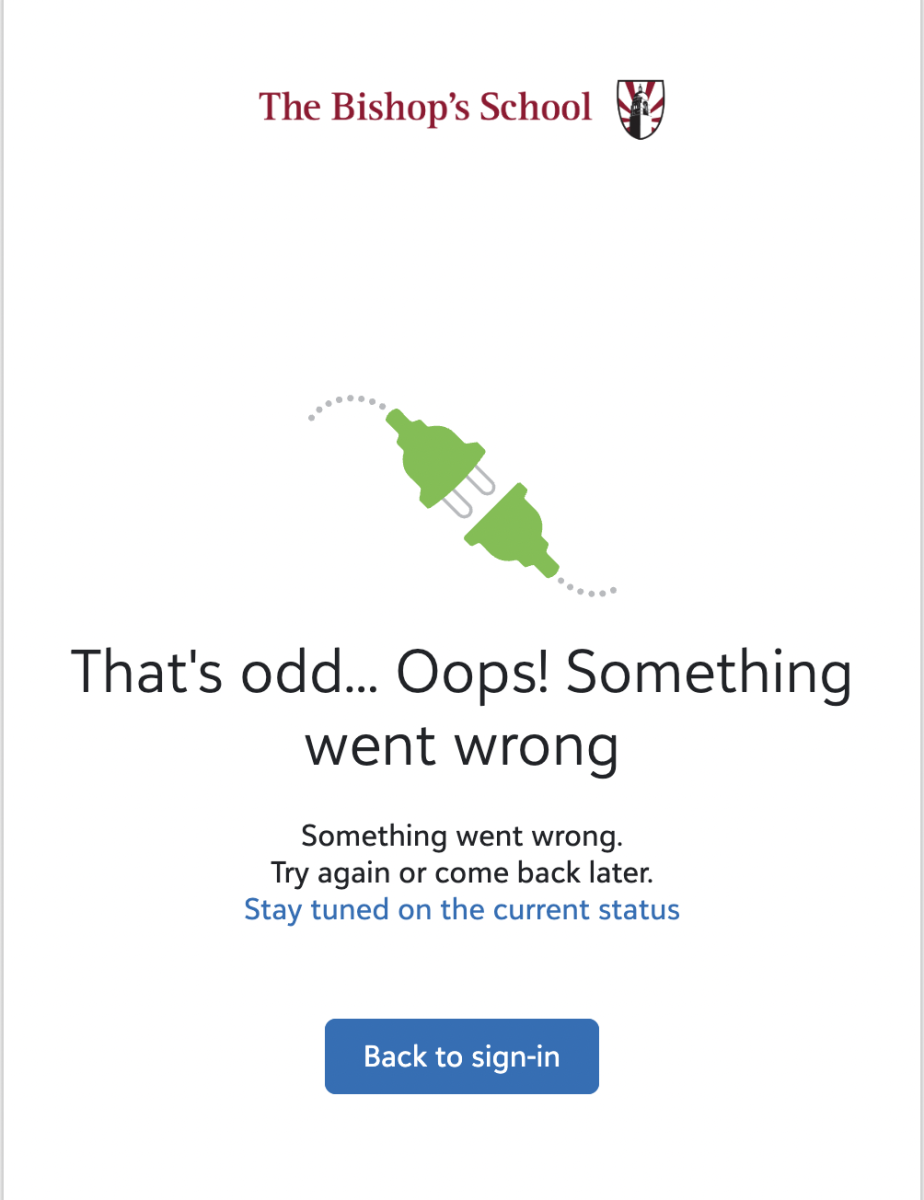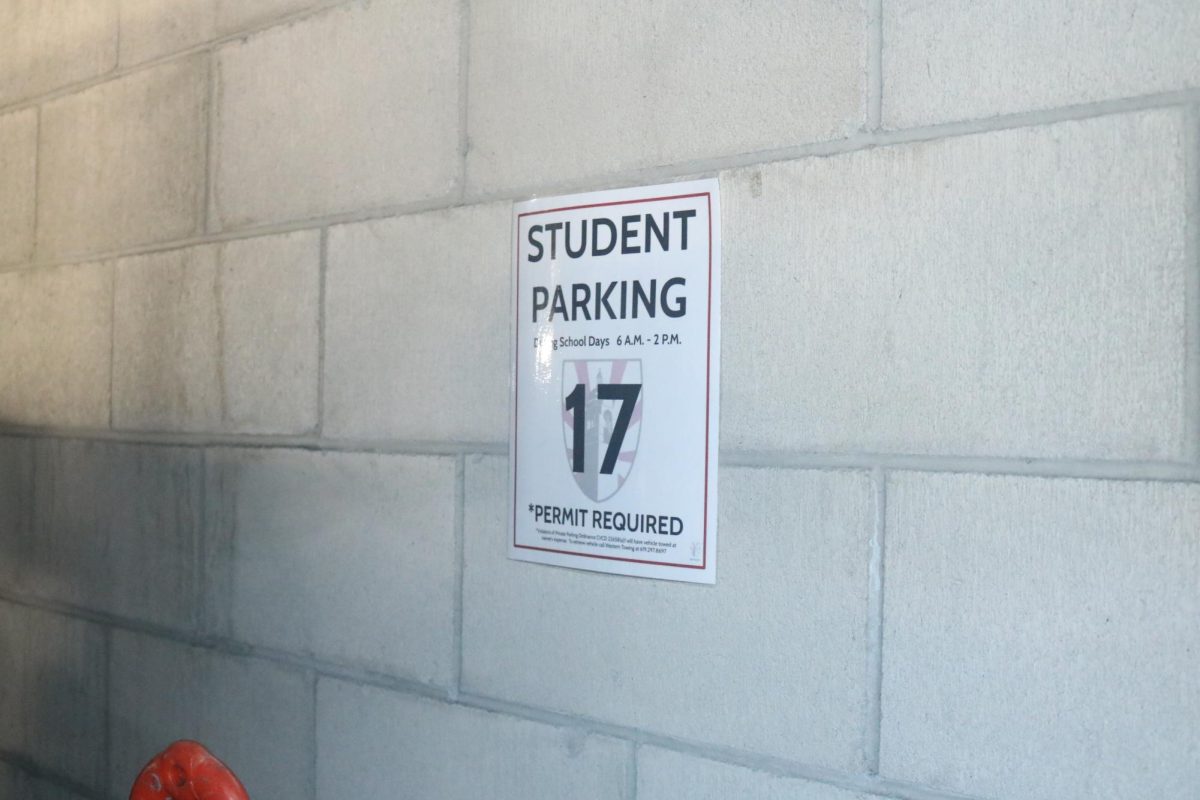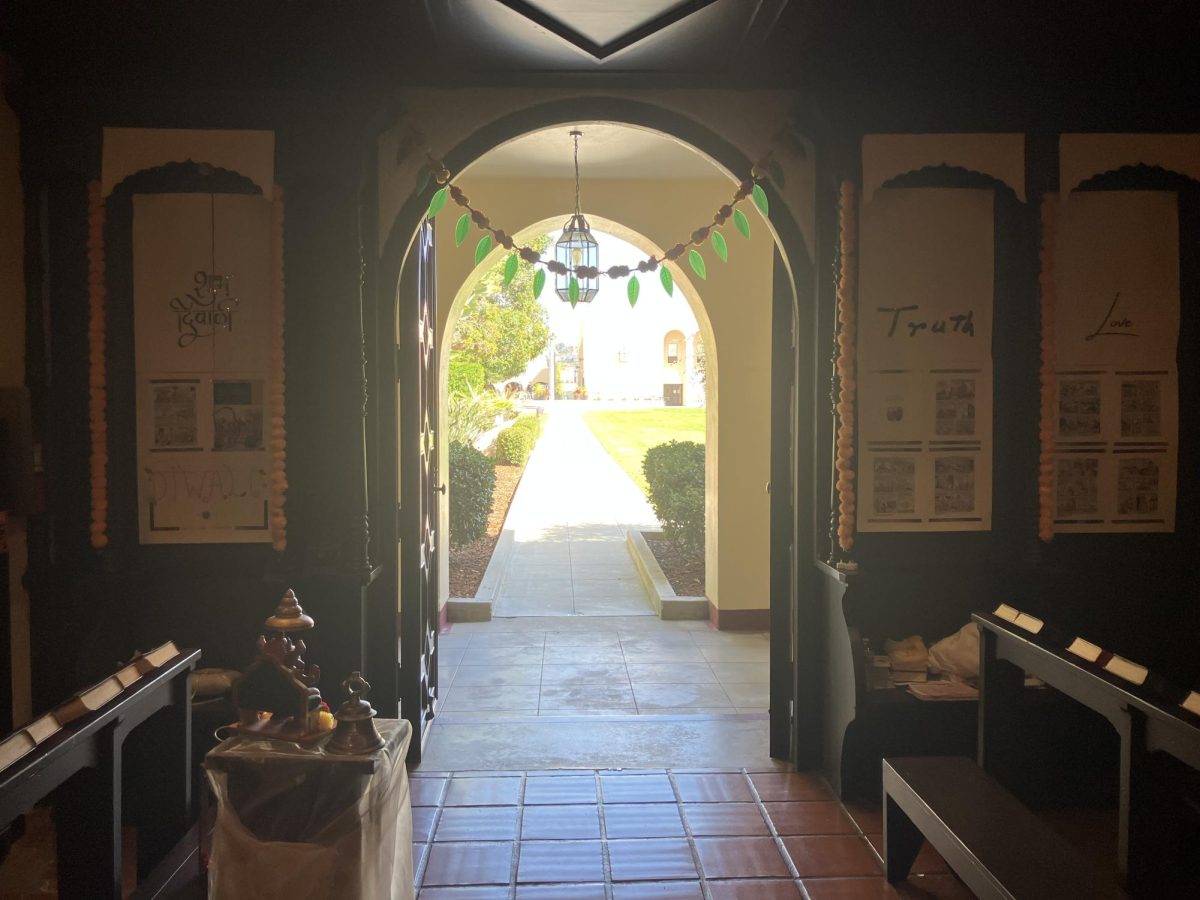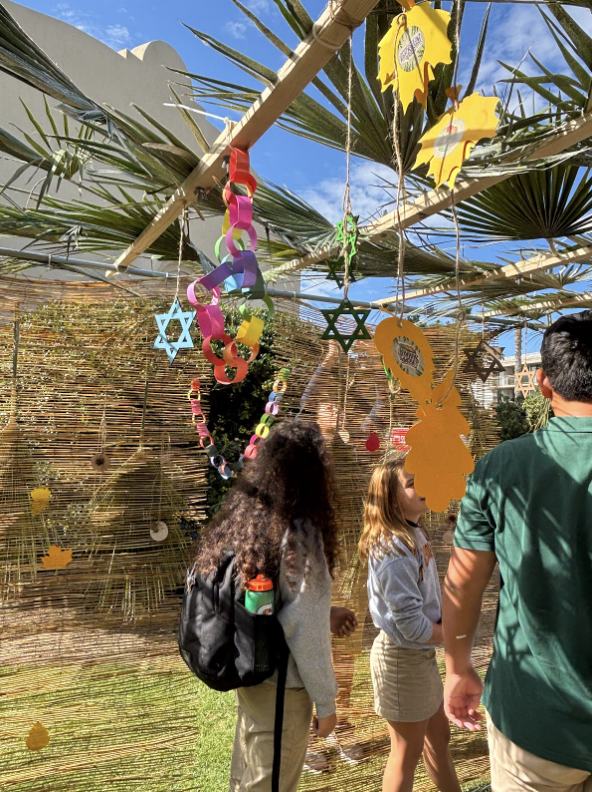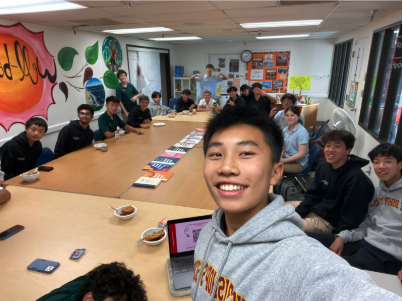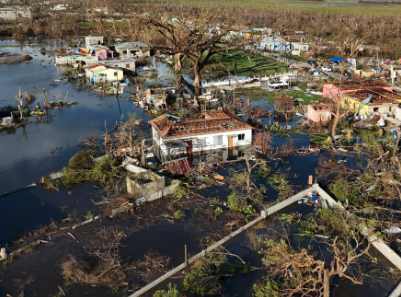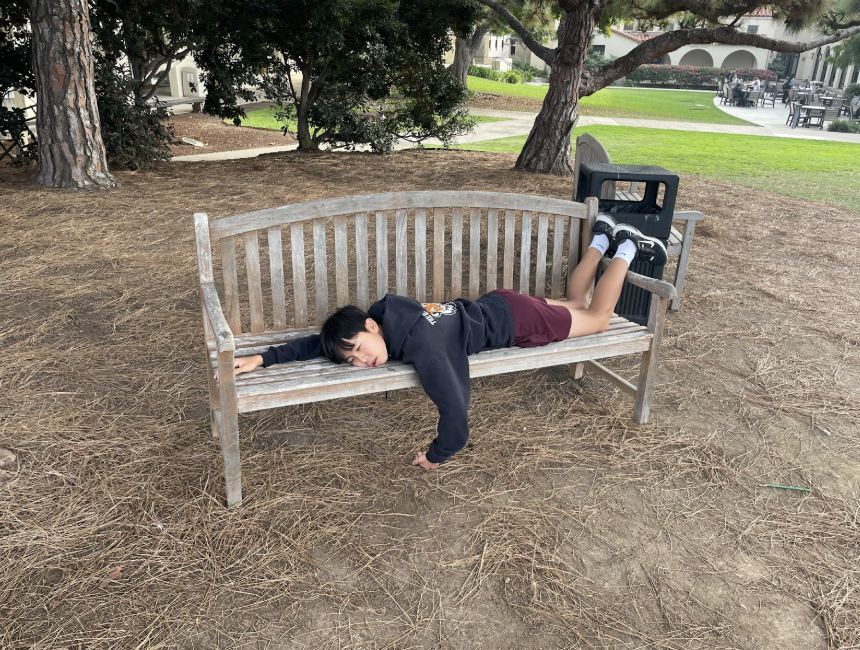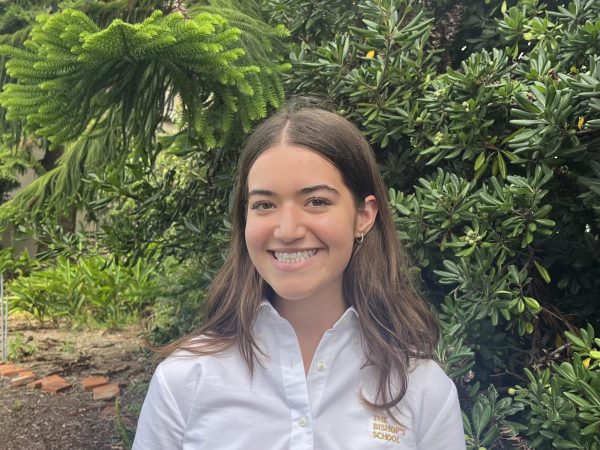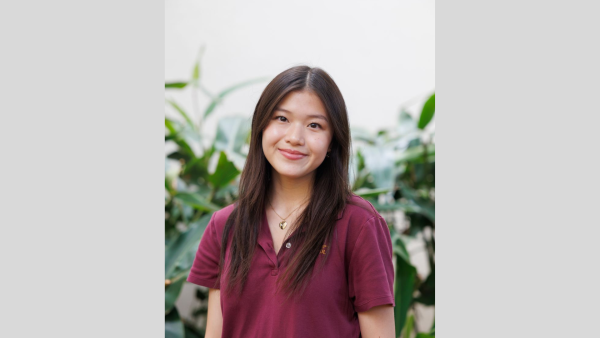“Yeah, they’re really into it,” said Honors Global Cold War Teacher Ms. Abby Perelman of her students. “I’m really liking it. It’s very interesting,” said Jerry Huber (‘24) of his Honors America’s War on Terror class. It seems that with its new course offerings, the history department is scoring big points with students.
The history department recently transitioned its curriculum to include more options for students by switching the required U.S. History course from junior to sophomore year, and this year, it has added new semester courses with new incentives: fascinating course material and the grade-bumping Honors label. Honors Ancient Empires, Honors Global Cold War, and Honors America’s War on Terror are the new options for upperclassmen looking to expand their historical knowledge.
The new courses offered to juniors and seniors provide learning opportunities in a variety of historical periods: Honors Ancient Empires focuses on the Persian, Chinese, and Roman empires. Honors Global Cold War zooms in on the various proxy wars that took place during the Cold War, while Honors America’s War on Terror explores the leadup to and aftermath of 9/11, from both the Middle Eastern and American perspective. After the first quarter, how have students and teachers reacted to these curriculum additions?
“Previously most of the Honors electives, especially in our department, were Social Science electives, and there weren’t a lot of history options,” explained Ms. Perelman. “It was Euro [Honors European History], and that was the only Honors.”
Adding new courses allows students more agency in designing their high school education, which in turn, increases enjoyment. Honors Ancient Empires Teacher Dr. Leo Landrey said, “I had a student say to a friend of hers,… ‘I feel like I like this class better because I chose it.’”
Not only are these new courses options for students interested in challenging themselves with an Honors class, these are the first semester courses to carry this label. To students like Jerry Huber (‘24), taking Honors America’s War on Terror, this is exciting because “If you do really enjoy [an Honors] class, I think it’s definitely helpful to not have the full year blocked off so that you can also take a second semester elective.”

Honors Global Cold War student Reagan Kliber (‘24) agreed. “In a year-long course you only get to focus on that particular subject and I think you can kind of become numb to it. So it’s not as interesting to you anymore. But here, it’s always kept fresh.”
Dr. Landrey said that “We all go through a phase where we’re excited about the class or a little worn out by it, and having something to look forward to next semester gives the class a sort of intensity,” adding that we should “make the most of the moment while we’re here.”
The classes have been a hit so far. Ms. Perelman said, “I’ve been really impressed with the students in my elective courses and their level of engagement and dedication.” On his end, Jerry agreed, “Honors War on Terror, at least in my mind, is a really big success,” because of its appeal to so many students.
As the history department makes this change, however, the School moves even further away from the College Board’s Advanced Placement system. The new classes offered do not have a correlating AP exam, unlike every other Honors course offered thus far at the School, with the exception of Honors Philosophy of Religion and the multiple honors level language classes.
History teachers took on the task of designing these new courses. “It’s taken a lot of preparation, and it’s been a big lift, a fun lift, and one I’ve enjoyed doing, but it’s been a lot of work,” said Dr. Landrey, who had only taught history to college students before arriving at Bishop’s. Ms. Perelman said she “prepared in the summer, and then there’s a lot of preparation that happens on the fly because things are always moving, shifting, changing.”
Teachers expert in these areas chose the course topics, Ms. Perelman said. But, not all teachers of these classes have the same educational background and thus, she added, there was a heavier workload for these teachers as they prepared their classes.
Because these demanding courses only last one semester, each class must be impactful, Dr. Landrey said. “You have only 40 or so class meetings with your students, and so you really have to plan it out and make sure that every class punches its weight. Every class counts.”. This has been really rewarding according to Reagan, who said “It feels like we’re using our time a lot more efficiently… and that our discussions are more meaningful and we’re getting a lot more information packed in.”
As for Dr. Landrey, he likes “that these electives give us a chance to sort of explore narrower topics of history and really hone our thinking skills as historians at a very high level, but also in very intense and brief windows.”
Jerry found that his Honors War on Terror class dove deeper into topics that are scarcely covered in other classes. He said, “In Honors U.S. History, we spent one day on 9/11 where Mr. Valji showed us a video which was really impactful. But [in Honors America’s War on Terror], we’re spending an entire semester on understanding why someone would want to do that to the United States, who these people are, what the United States has done to possibly provoke [al-Qaeda] into doing this.”
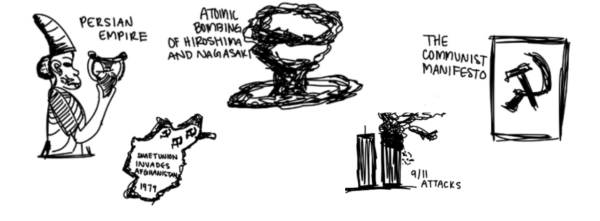
Dr. Landrey designed his Honors Ancient Empires class with the semester-length in mind. He said, “I don’t think that if we spread it out over a year, the class would have been better. I think it just would have been different. So I like the semester format.” Had the Ancient Empires course been stretched over the course of a year, the pace would be different, Dr. Landrey said: “I think we’d cover more or less the same content, just more slowly and in more detail.” This longer format wouldn’t do justice to the intent of the course either. “I want students to understand [Honors Ancient Empires] as a window into studying the ancient world, as a gateway,” Dr. Landrey said.
Ms. Perelman said the history department is likely to continue to expand its Honors semester course offerings. However she shared that “I don’t know what the system is going to look like in the long term. It’s limited by how many teachers we have and what their expertise is.”
The history curriculum has evolved significantly to maximize the quality of student learning through the exploration of diverse topics. The success the department found in shorter courses resulted from the dedication of the teaching faculty, and is an example of the advantage Bishop’s gives its students by testing out new course formats.



